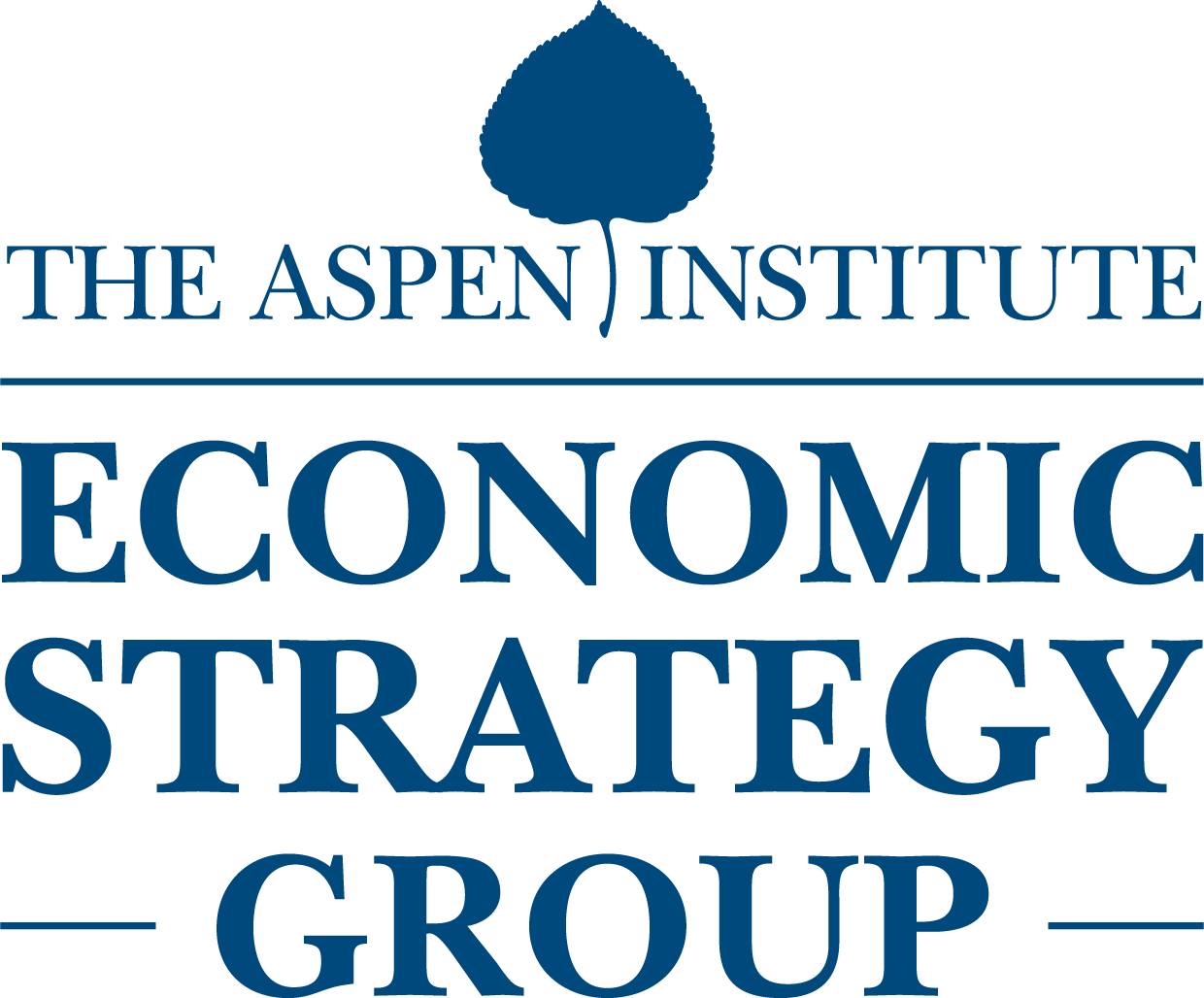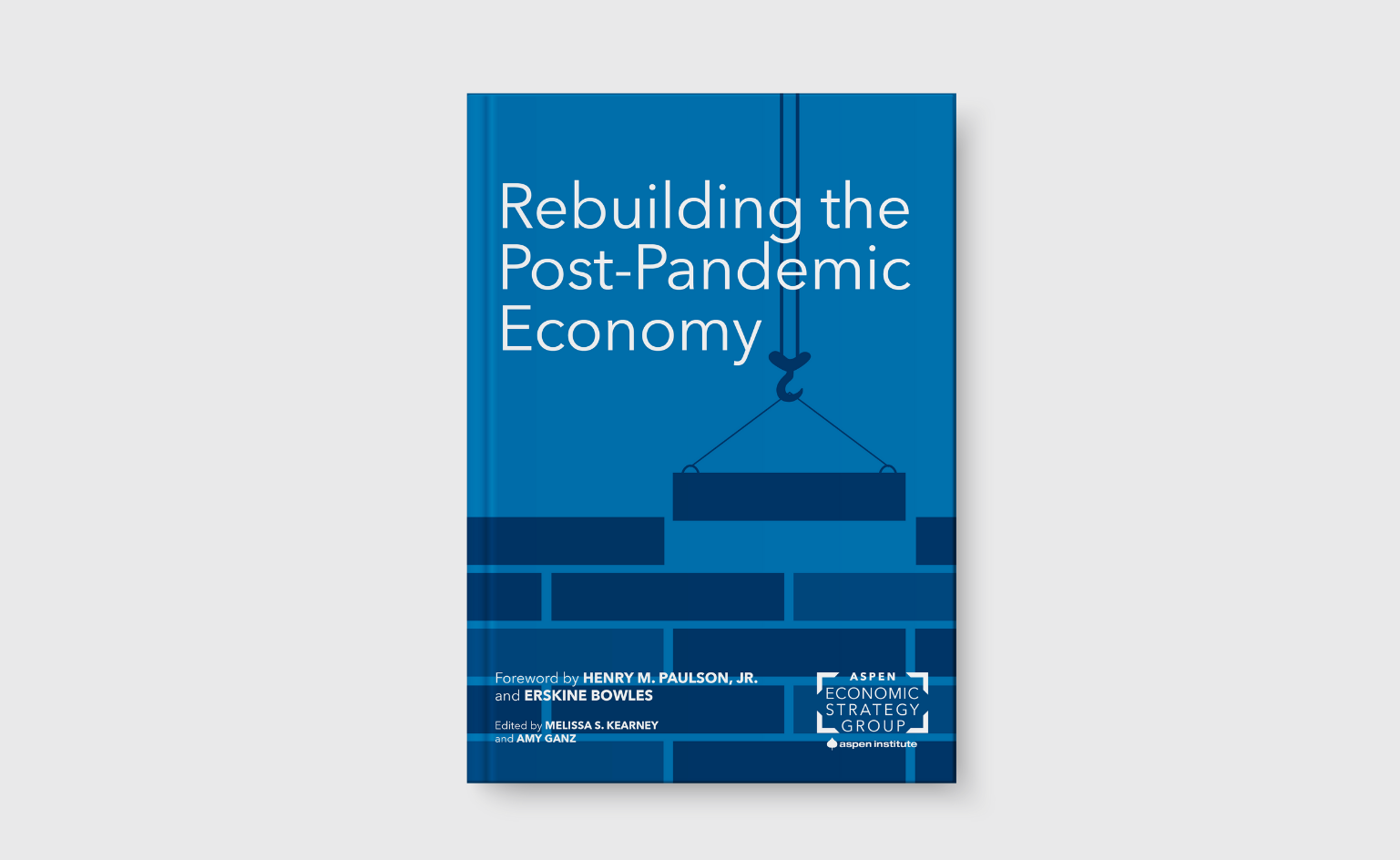
Foreword: Rebuilding the Post-Pandemic Economy

After suffering the worst economic shock since the Great Depression last year, the American economy is recovering in fits and starts. While many businesses are reopening their doors and thriving, others are struggling with tenuous demand, supply constraints, and higher labor costs. Americans are traveling, dining out, and resuming other activities that weren’t possible before vaccines. Yet, remaining uncertainty about the course of the virus continues to hamper a full return to normal activity.
The COVID-19 pandemic reinforced and exacerbated many of the biggest structural economic challenges in our society. It precipitated the largest economic relief and stimulus spending in US history and rewrote the playbook for responding to future economic crises. The pandemic also transformed the way that millions of Americans live and work, with automation, e-commerce, and telework all playing a bigger role.
The pandemic and its aftershocks reignited not only the perennial debates about the appropriate role and size of government, but also present new and urgent questions about how the post-pandemic economy will take shape.
What are some initial lessons we can take away from the novel government programs that were deployed to provide economic relief and stimulus? What kinds of investments do we need to make to our infrastructure so that it is once again the envy of the world? After a year of widespread school closures, what have we learned about the role of K-12 education in perpetuating or reducing social and economic inequities? And how should American trade policies evolve to promote economic recovery and strengthen America’s role in the global economy?
None of the answers to these questions are predetermined. The choices and actions of policymakers in Washington and around the country can and will make a difference.
This book is an attempt to elucidate some of the challenges and opportunities of the post-pandemic economy. At its core, it underscores that the challenge for economic policymakers is not simply to return to the pre-pandemic economy—rather, it is to rebuild an economy that is more prosperous, dynamic, fair, and resilient to future shocks in the post-pandemic era. We hope that the non-partisan, evidenced-based research and recommendations contained in this volume are helpful towards this end.